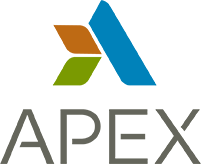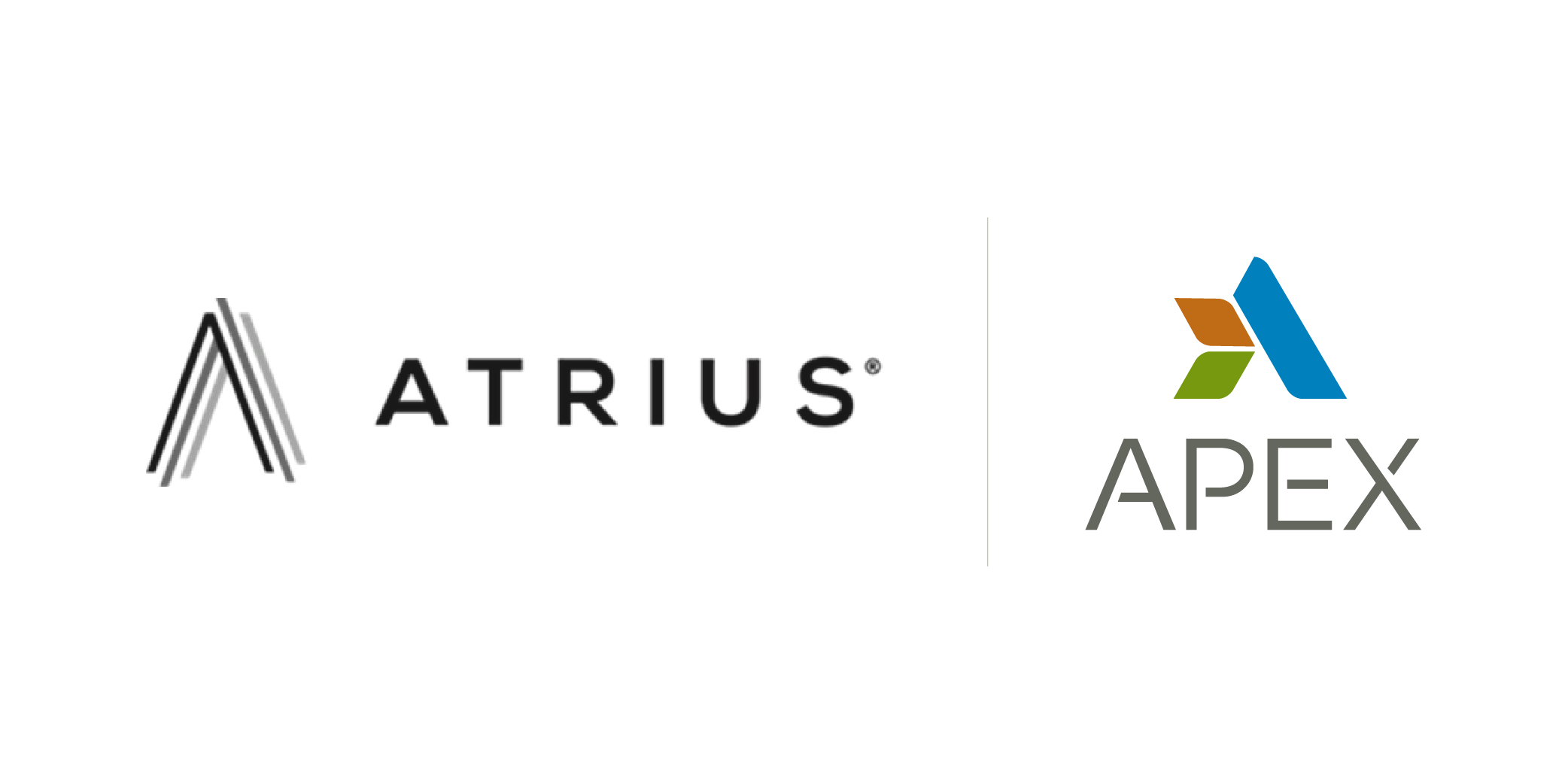Future-Proofing Sustainability Programs
Why Spreadsheets Aren’t Sustainable in Achieving Long Term Success
Calculating carbon emissions is generally a complex and time-consuming process. Recent studies show that nearly half of all companies are still collecting data manually, and more than one-third are using spreadsheets to measure and verify their data.1 Manually aggregating energy cost and consumption data across assets is a labor intensive process that takes valuable time away from higher value activities such as strategy and problem-solving. It’s also just the first small step in calculating carbon emissions. As organizations focus on meeting ambitious corporate sustainability goals and legislative mandates, the need for better, organized data will continue to rise.
In this panel discussion, we speak to industry experts on how their businesses can have a comprehensive approach to their sustainability data. Over the course of the hour, experts will discuss:
- Why spreadsheets are not sustainable when it comes to building and maintaining sustainability programs
- Steps companies can take to assure their data for regularity and compliance needs
- What tools and solutions exist in the market today to help businesses with sustainability reporting
- How pending regulations may affect current reporting program requirements
- How to choose a solution that will create a strong foundation for your sustainability program as your business continues to grow
Panelists

Peter Wey
Senior Sustainability Project Manager
Apex Companies, LLC

Patrick Ritchie
Building Automation Sales—Construction and Service
JF Ahern

Ken Watson
Director of Enterprise Accounts, Atrius, CEM
Acuity Brands

Moderator: Chelsea Davis
Product Manager, Atrius
Acuity Brands
1 https://www.esgtoday.com/more-than-half-of-public-companies-still-housing-esg-data-in-spreadsheets-ey-survey/

